The term "negative calorie food" has been around for quite some time now, creating a good amount of confusion.
Allegedly “negative calorie food” identifies certain foods that use up more calories in digestion, absorption and metabolism that they contain in the first place. In other words, calories from these foods are so hard for the body to breakdown and process, that their thermic effects are greater than their calorie values. This in turn could cause a calorie deficit, giving these foods a tremendous fat-burning advantage.
If this assumption was true, eating these foods will cause weight-loss. The problem is that it’s not true. The calories your body burns in the digestive cycle are minuscule compared with the calories in the food itself1.
Showing posts with label Fitness Myths. Show all posts
Showing posts with label Fitness Myths. Show all posts
Negative Calorie Food: Fact or Fiction?
November 27, 2012
Spot reduction is the idea that if you work a specific muscle group you’ll be able to decrease the amount of fat in that area. As if there is a way to target one specific area of your body, such as your abs, your thighs, or even your bum and make all the fat disappear in that area just by doing one exercise.
As appealing as it sounds (and as much we would love for this to be true) spot reduction is, however, a misguided notion.

As appealing as it sounds (and as much we would love for this to be true) spot reduction is, however, a misguided notion.
October 19, 2012
Many believe that exercising at night time can mess up with sleep, as it might give an energy boost that interferes with bedtime.
But that’s not entirely correct...
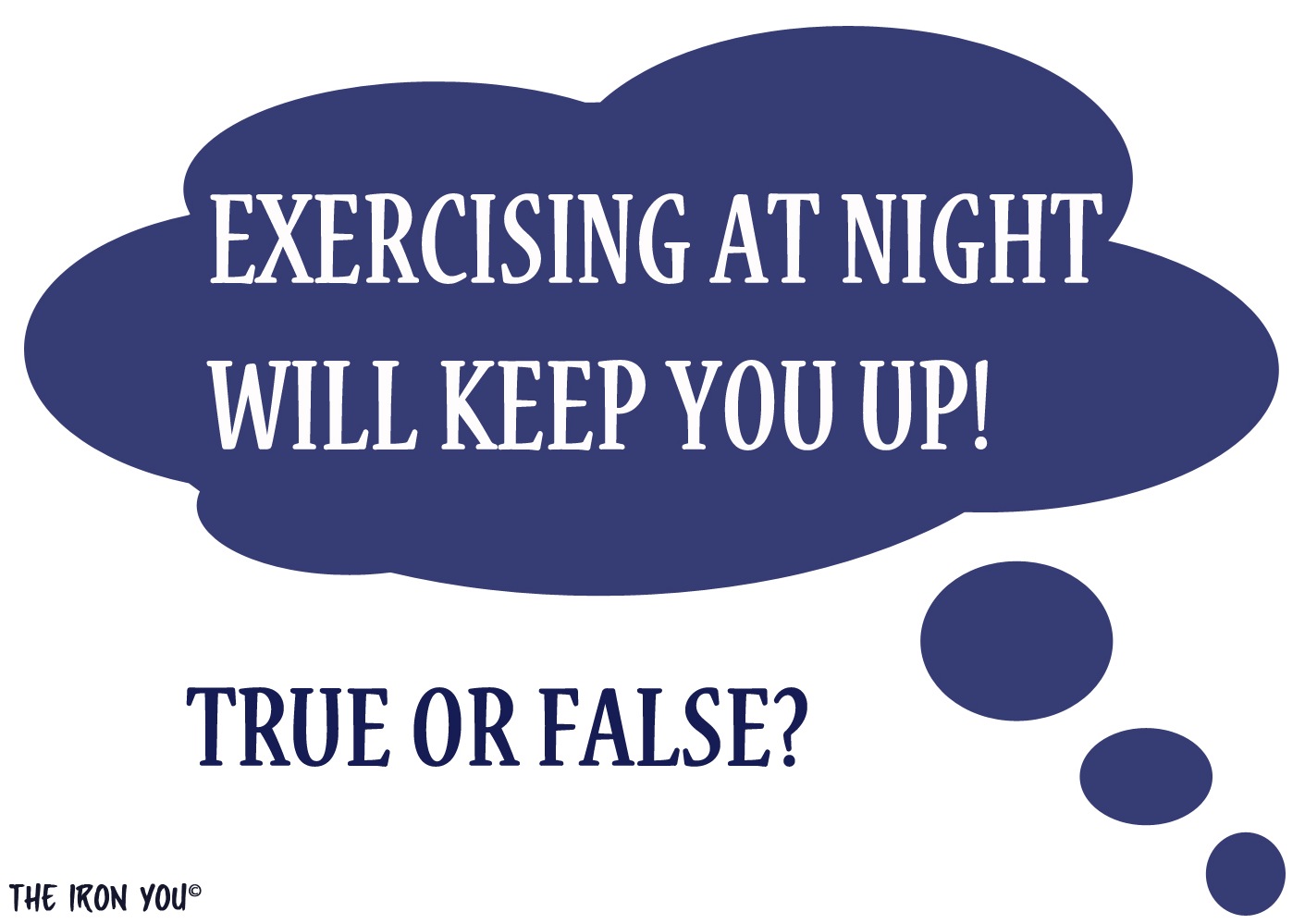
But that’s not entirely correct...
June 22, 2012
When newbies hit the gym or start a new eating regimen they, most of the time, obsessively start to weigh themselves.
Day-after-day, if there’s no appreciable weight loss, they get easily frustrated.
This happens because there’s a common misconception on the importance of weight; as if skinny is healthy and fat is unhealthy.
In other words, becoming healthy is too often associated with weight loss.
But, weight has little to do with the fitness level. Or better, it’s just one of the factors that can help determine whether you’re an healthy person.
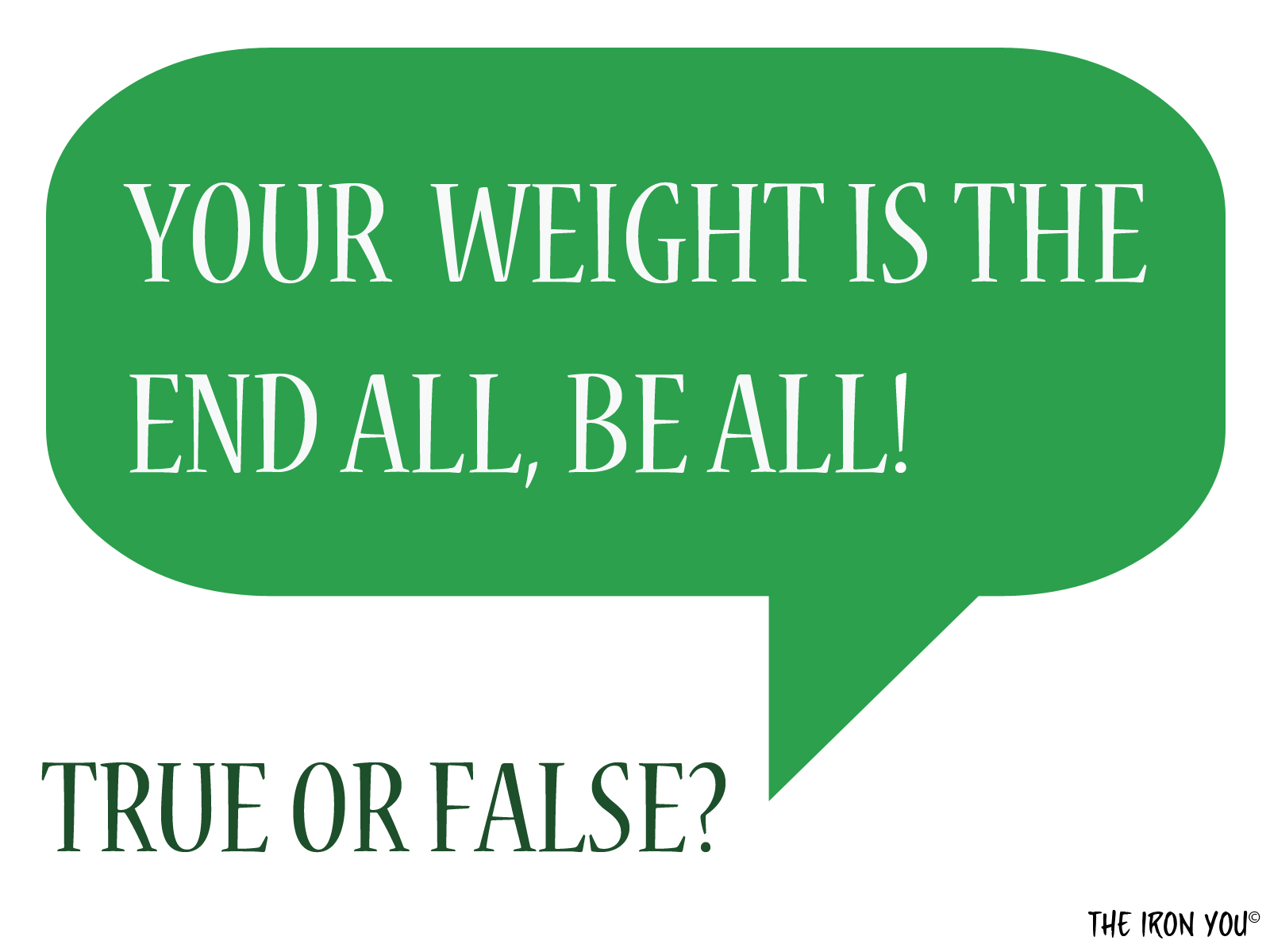
Day-after-day, if there’s no appreciable weight loss, they get easily frustrated.
This happens because there’s a common misconception on the importance of weight; as if skinny is healthy and fat is unhealthy.
In other words, becoming healthy is too often associated with weight loss.
But, weight has little to do with the fitness level. Or better, it’s just one of the factors that can help determine whether you’re an healthy person.
June 15, 2012
I was at the gym earlier today and I overheard two girls chatting about tricks to lose weight. One told the other one: “You know that when you drink ice cold water your system burns a massive amount of calories to bring it to the body’s temperature!”
I shook my head in disappointment (and I think they noticed) because, unfortunately, this is a myth deeply rooted in people’s mind and not exactly on point.
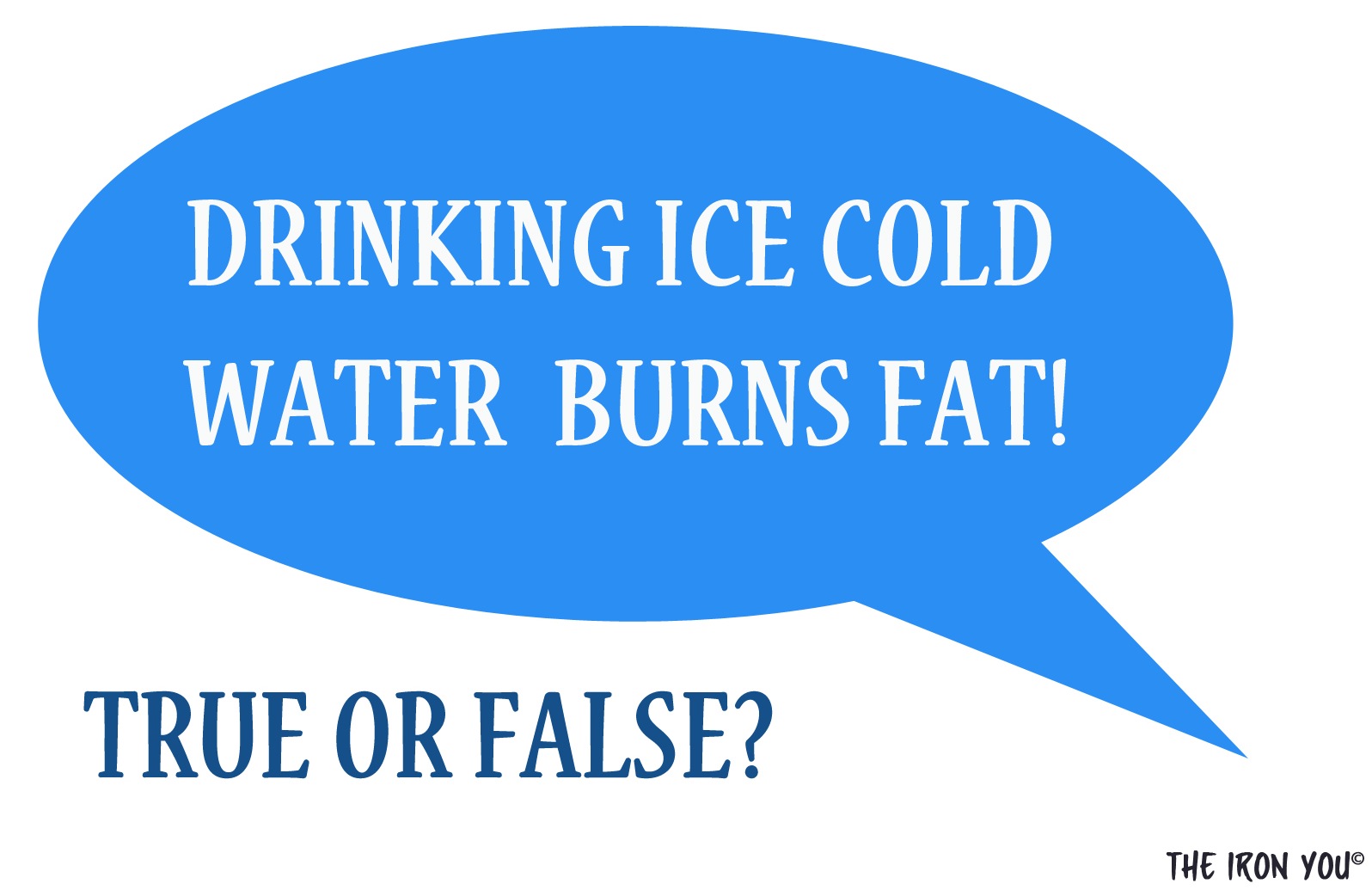
I shook my head in disappointment (and I think they noticed) because, unfortunately, this is a myth deeply rooted in people’s mind and not exactly on point.
June 13, 2012
This is a pretty big fitness misconception: “Doing cardio is the only way to lose weight!”
Cardio is in fact good for the heart and increases endurance, but alone is not the best way to burn fat.

Weight loss is most effectively achieved through a combination of both cardio (such as running, biking, or swimming) and strength training.
While the cardio will get your heart rate up, strength training adds muscle mass to your body, and increased muscle mass means an increased metabolism.
In other words, adding even a few pounds of muscle will increase the number of calories your body burns each and every day.
If you focus only on cardio it might become harder for you to lose weight. In particular, excess cardio could significantly decrease your muscle mass, as a consequence slowing your metabolism and that will result in an overall weight gain.
So, if you have a limited amount of time to workout everyday (let’s say 1 hour) you should really seek to mix cardio with strength training: that’s the best recipe possible. And if you’re not sure what to do, ask your the personal trainer at the gym he/she will have plenty of tips to help you out.
The Iron You
Cardio is in fact good for the heart and increases endurance, but alone is not the best way to burn fat.
Weight loss is most effectively achieved through a combination of both cardio (such as running, biking, or swimming) and strength training.
While the cardio will get your heart rate up, strength training adds muscle mass to your body, and increased muscle mass means an increased metabolism.
In other words, adding even a few pounds of muscle will increase the number of calories your body burns each and every day.
If you focus only on cardio it might become harder for you to lose weight. In particular, excess cardio could significantly decrease your muscle mass, as a consequence slowing your metabolism and that will result in an overall weight gain.
So, if you have a limited amount of time to workout everyday (let’s say 1 hour) you should really seek to mix cardio with strength training: that’s the best recipe possible. And if you’re not sure what to do, ask your the personal trainer at the gym he/she will have plenty of tips to help you out.
The Iron You
June 3, 2012
Among the fitness myths that torment our lives there’s one in particular that has always been pretty popular: “ You burn more fat with low intensity exercises!”
This belief is supported by many cardio machines in gyms all around the world that gives you the option of setting up a workout labeled as “fat burning zone”. This usually refers to lower intensity, lower heart-rate zone exercises aimed to burn more fat-calories than carbs-calories.
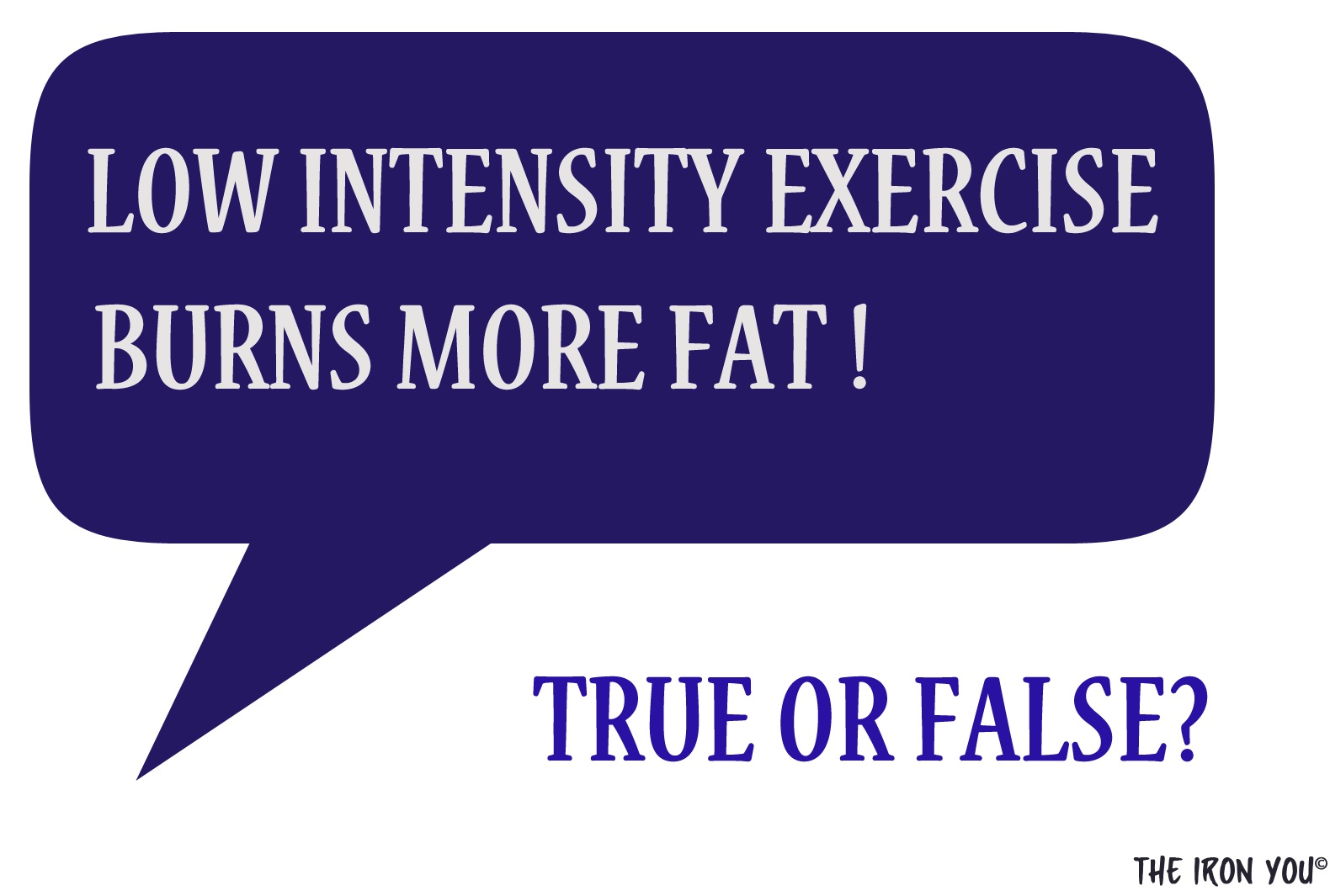
This belief is supported by many cardio machines in gyms all around the world that gives you the option of setting up a workout labeled as “fat burning zone”. This usually refers to lower intensity, lower heart-rate zone exercises aimed to burn more fat-calories than carbs-calories.
May 2, 2012
There's a popular belief postulating that you can eat anything you want as long as you exercise and burn those calories off.
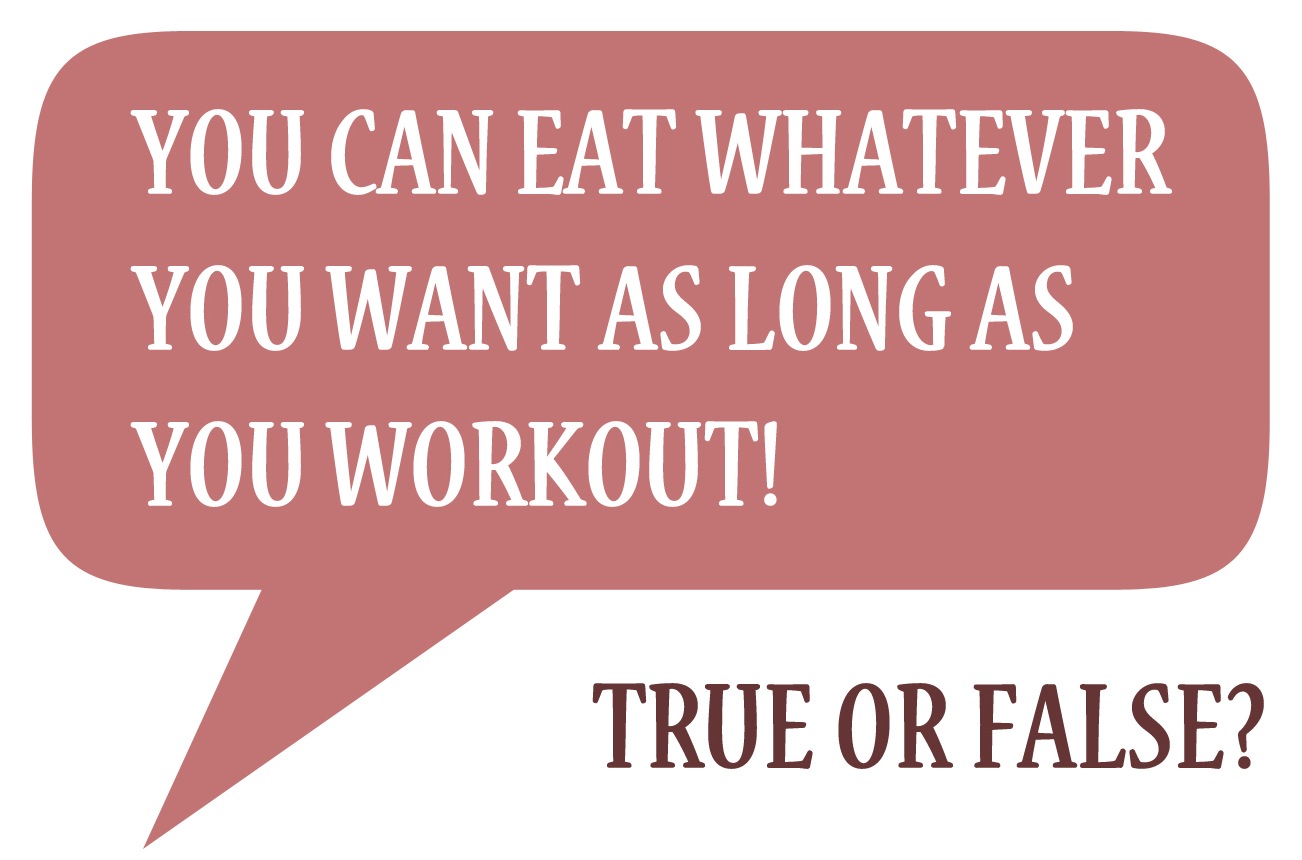
Subscribe to:
Posts (Atom)



.jpg)







.jpg)
